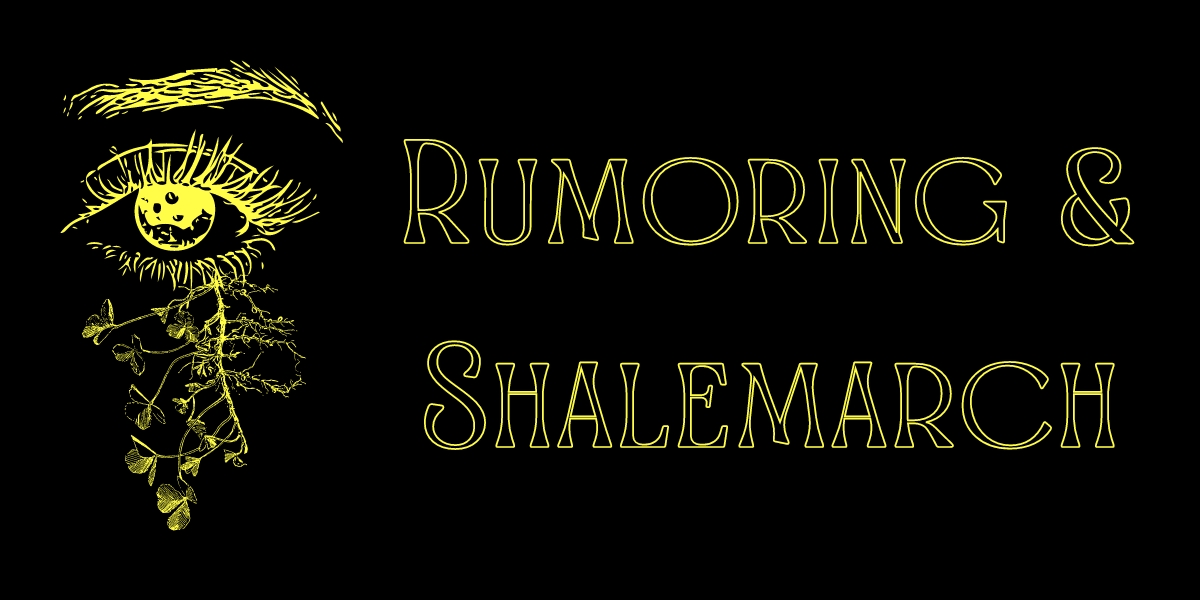Kajirii
We were a people with homes, with families, with long-standing spiritual traditions, with extensively networked communities that lived in creative cooperation with each other and the land. We, the Kajirii, trace our roots to disparate clans who banded together seasonally for trade, the sharing of cultural practices and rumors, and comraderie. Life among the restless sands and glass of the Red Desert is demanding, and successive generations of nomadic clans began to build more permanent settlements within reach of the shallow tributaries of the River Miipoun-Gaka. Tradeposts became villages. These wove together with fishing settlements to become a small city, then a large city.
As Kaja grew, our ancestors tended to the waters of the Miipoun-Gaka with reverence. We cultivated olive and desert peach, dusty rose and birchwillow, always speaking to the land, always giving thanks. We wove nets of sagegrass, and built enduring structures from natural and salvaged materials. We climbed the mountains east of our villages, discovering ancient dwarven ruins, and we repurposed the dwarven metal artisty, integrating it into our homes, our commercial centers, and our academies and universities. By the end of the Third Era, the city of Kaja thrived north of the desert, the vital home of a strong, faithful, and intelletually curious people.
Then came the Ku, and the Kajirii became a people without a home. From Nowhere, from the Darkness of the Faint Beyond, these rapacious creatures invaded our home. And shadow-taint raged among us; many died, and many more succumbed to the parisitic infection of shadow, what we call the Soul Death. Our famiy members and friends became the living dead, unkown to us. Our people became creatures bristling with tenebrous growths. Shadow ghosts. They no longer ate, nor spoke, nor breathed. They had become something other than our people; they were the progeny of Ku, shadow-touched husks of who they once were. As we witnessed their faded state, the rapid deterioration of vitality and love, we grieved and felt we had lost our home.
We retreated. Fled. We returned, initially and in desperation, to the Red Desert. We knew--or the more stubbornly confident among us quickly discovered--that this could no longer be a viable home for us. We were far too used to urban living to return to our nomadic roots.
Now, we live in diaspora. We live where we can, some cities more welcoming than others. From what I understand, Dreer, Durbahn, and the small, rural settlements of Shalemarch are arrogant and cold toward us, disdainful and rejecting. Many of us are gathering together in Niook, in Aubygren, Rune and Rose. We are together, in pockets; here, in Rune, the indigenous call our enclave, not unkindly, "Kaja Town". We call it temporary. We are visitors everywhere but Kaja. We are grateful guests, but these cities are not our home.
The city of Kaja is no more. Yet the city of Kaja will be again. We are dispersed, but we are still the Kajirii.




I love this bit of prose. It read like someone's journal entry, and I felt immediately interested in the history. <3
Thank you! I'm glad you enjoyed it. And yes, I wanted to make it "human", so I used first person rather than an omniscient narrator tone.
Of course! And that's so neat, I love it.